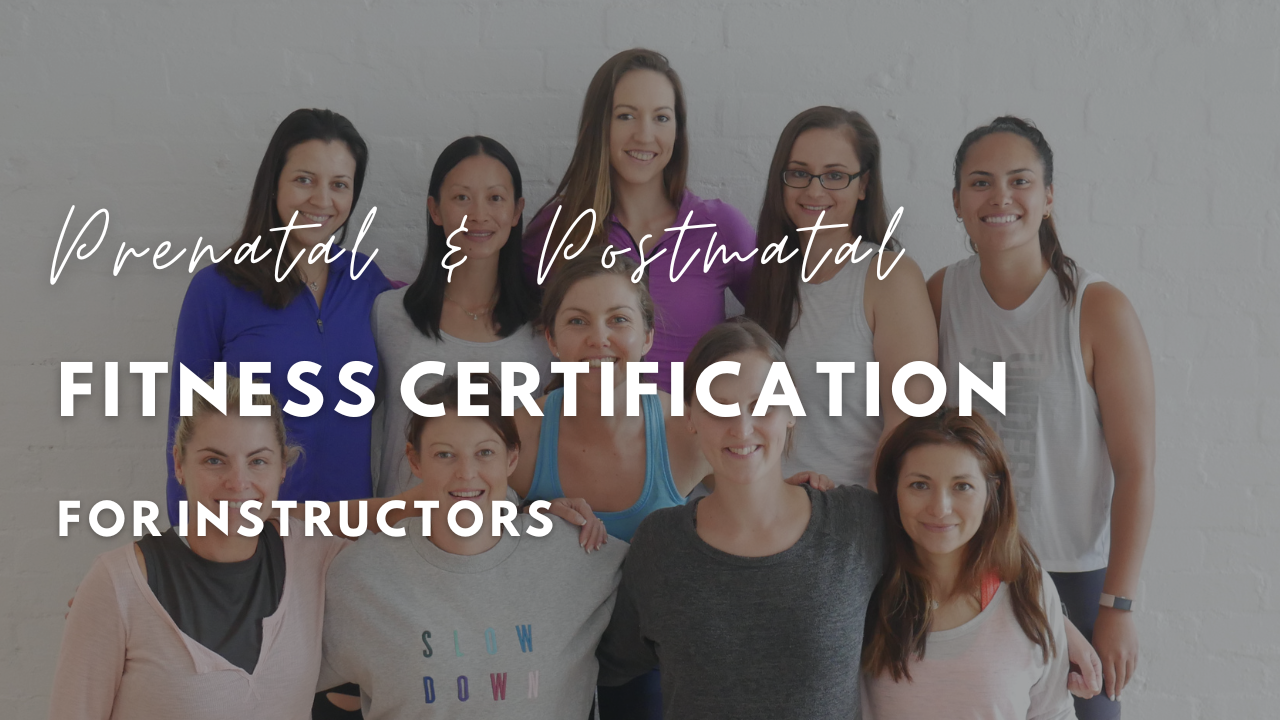Doctors Urge More Exercise for Women when Pregnant
Dec 26, 2023
Doctors Urge More Exercise for Women when Pregnant
Many years ago, the advice given by doctors to pregnant women was to rest-up. This historic advice for pregnant women, according to the Journal of the American Medical Association (JAMA), can be harmful.
Now, doctors are advising more exercise for women when pregnant.
Can you believe that pregnant women were told to get as much rest as possible during their pregnancy, even prolonged bed rest if complications arise.
Not to mention the nutritional advice that you should be 'eating for two.'
According to the JAMA, however, 'these misguided recommendations' have 'evolved into a major contributor to the worldwide obesity epidemic.
Fifty years ago, gynaecological medicine stated the requirement for women to gain enough weight to provide for healthy foetal growth.
But now, the advice has changed.
Are you expecting a baby?
Listen up! Doctors are urging women to stay active during pregnancy.
Exercise can help reduce pregnancy discomforts like backaches and swelling. It can also improve your mood and help you sleep better.
But remember, safety first! Consult with your healthcare provider before starting any new exercise routine.
Low-impact activities like walking, swimming, and prenatal yoga are great options.
Don't forget to listen to your body and take breaks when needed. Stay hydrated and wear comfortable clothing.
Regular exercise during pregnancy can lead to a smoother delivery and quicker recovery. So lace up those sneakers and get moving!
Did you know?
About 45 percent of current mothers-to-be begin their pregnancy in an overweight or obese state, vs. 24 percent in 1983.
Did you also know that almost half of pregnant women now gain more weight in the nine months of their pregnancy than the amounts recommended by the Institute of Medicine?
Consequences of being overweight when pregnant?
Experts now believe that obesity fuels obesity through the generations. So what they are saying is that an overweight mother is likely to have overweight children.
Being overweight and not exercising can be passed along both through genes and through lifestyle and environment.
The JAMA Viewpoint
The JAMA Viewpoint looks at four key aspects of exercise during pregnancy:
1. safety
2. benefits
3. the when and how
4. precautions.
The Study and Results
A recent meta-analysis of studies with more than 2,500 pregnant women found no risk of preterm birth or low birth-weight children among normal-weight women who exercised.
There is clear evidence that moderate exercise is now recommended even for women who did not exercise before becoming pregnant. Yes, even if you didn't exercise previously there is no reason why you can't start now.
But just before you do so.
I want to emphasize the point that you MUST seek medical approval prior to starting any new exercise program. This is in case your personal situation prevents your from doing so.
Once Approved, You Can Get Started!
When pregnant, if you haven't been doing so, then you can introduce healthy lifestyle choices and habits.

Is Exercise Safe when Pregnant?
Studies now indicate that it is safe for pregnant women to do moderate strength training from the time of the first prenatal visit (about weeks 9-12) until just before delivery.
Are you in a High Risk group?
If you have one of the following conditions you should be careful exercising. Please seek medical advice or even discontinue exercise.
1. anaemia
2. placenta previa
3. pre-term contractions
4. high blood pressure
5. persistent vaginal bleeding
6. poor growth of the baby
7. twins
8. heart disease
9. pelvic instability
How Long Should I Exercise for?
20 to 30 minutes per day on most days of the week is recommended. Listen to your body and when needed, have a rest. This could include a relaxation session or pregnancy yoga class.
What about Intensity?
This is always the challenge for many women who started their pregnancy with a high level of fitness. I get it, you want to keep exercising at a high level and pushing yourself. But now is not the time to try and set new personal bests!
The guideline for exercise intensity is the 'talk test.' Hhhhmmmm. what is this?
Well, it's now how much you can talk. But it is based on you being able to carry on a conversation while exercising. This ensures you are not over-exerting yourself.
What Exercises Must be Avoided?
1. Long-distance running. Because it can raise body temperature and/or cause dehydration.
2. Exercising at greater than 90 percent of maximum heart rate.
3. Lifting heavy weights.
4. Performing isometric exercises.
5. Exercising in a supine position during the last two trimesters.
How Can I Stay Motivated?
From experience, I know that you will be more likely to stick with an exercise plan if it involves activities you enjoy. And it must fit into your lifestyle and daily schedule.
Consider these tips:
1. Try a class
I love teaching my prenatal classes. Along with studio classes, you can find qualified prenatal instructors teaching in health centres, sports medicine clinics and hospitals.
2. Start slowly then progress
You don't need to join a gym or go full-out when starting to exercise. In fact, I want you to start slowly and progress with each week. Just get moving by walking if that's best for you.
3. Exercise with a partner
Exercise can be more interesting if you use the time to chat with a friend. You will encourage each-other when needed to get out and be active.
Stop exercising if you have:
1. Dizziness
2. Headache
3. Vaginal bleeding.
4. Increased shortness of breath before you start exercising.
5. Chest pain.
6. Painful uterine contractions that continue after rest.
7. Calf pain or swelling.
Summary
Staying active during pregnancy can have numerous benefits for both the mother and the baby, including improving overall health, reducing the risk of complications during labor, and aiding in postpartum recovery.





